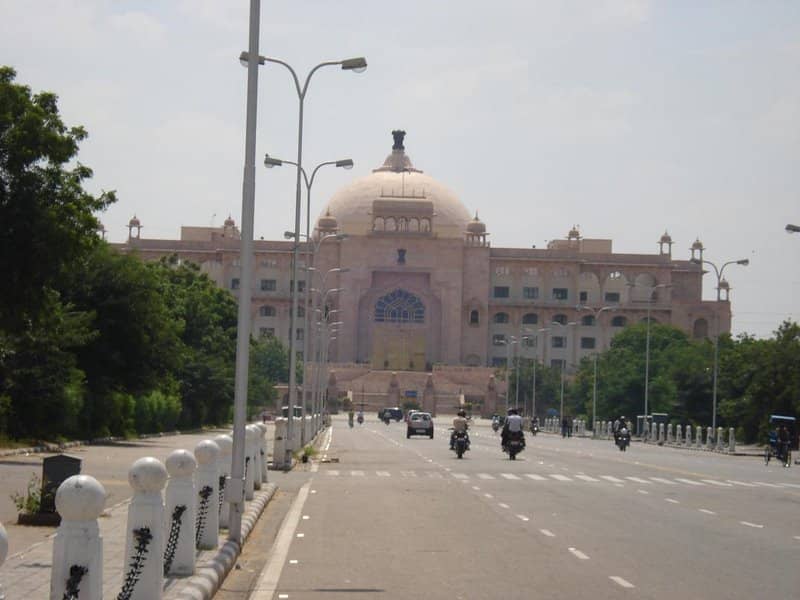MUMBAI, India – A leading Sri Lankan cleric says many questions still need answering about the deadly Easter Sunday blasts that killed 253 people.
“Not only Christians, but the whole country and every community still feels the trauma and is still unable to comprehend, what actually had happened on that fateful day,” said Claretian Father Dominic Rohan.
The priest was once the regional superior for his order in Sri Lanka, but is now the coordinator for the Claretian mission at the United Nations in New York.
Rohan noted it was the second time in the history of Sri Lanka that the nation “experienced horror” on an Easter Sunday.
RELATED: Sri Lanka attacks could reverse political sea change linked to pope
“On the Easter Sunday – April 5, 1942 — during the South-East Asian theatre of World War II, there was an air attack by carrier-based aircraft of the Imperial Japanese Navy, dropping bombs at different places of Colombo. This attack is known as Easter Sunday Raid, or Battle of Ceylon,” he said.
At the time, Sri Lanka was known as Ceylon, and was part of the British Empire.
Rohan told Crux the Easter church bombings have broken a relative calm on the South Asian island since the ending of the civil war a decade ago.
The 1983-2009 conflicted pitted the government against the Tamil Tigers, who were trying to establish an independent nation in the majority-Tamil areas of the country. The conflict was primarily ethnic, with the Tamils being a minority in the Sinhalese-majority country. There was a religious component, since the majority of the Sinhalese population is Buddhist, and the majority of Tamils are Hindu, but the Christian and Muslim minorities cross ethnic boundaries.
RELATED: Rural Catholic church defies Sri Lanka threats, holds Mass
“Although the country had experienced anti-Muslim rioting by some Buddhist extremists in 2014 and 2018, the last ten years, since the end of the war, had been free of any terror attack,” Rohan said.
The Islamic State group has claimed responsibility for the attacks, saying it was revenge for being driven out of its stronghold in Syria.
“The question to ask in this case is what the suicide bombers wanted to achieve by this attack on Christians in a country in which the Christians are themselves a small minority,” Rohan said to Crux.
“It is evident, like the Muslims, Christians are also subjected to frequent harassment by the Buddhist extremists. And, Christian-Muslim relations are generally good in Sri Lanka as they join hands in common causes that affect them as minorities,” the priest said.
He added serious questions still need to be answered by the defense officials in the country, who had clear warnings from the country’s intelligence services about possible attacks in churches and hotels.
“There are many unanswered questions that need accurate and correct answers. It is too early to expect a clear picture behind this horrible act of violence. But this cannot be delayed,” he said.
The priest stated the people of the country expected several things after the national tragedy.
“Caring for the victims and their families is an immediate action that has to be taken by the government, the Church and by all,” he said.
RELATED: Amid horror, Sri Lanka church still shows beauty
“The most important and urgent task at this moment is to preserve the social peace and interreligious coexistence that prevails in the country,” Rohan continued. “The initial investigations have revealed the attackers are middle to upper class men whose families are financially stable, influential and educated. So, there are chances that the main culprits may escape or be allowed to go free.”
The priest said a “credible and serious investigation to find out the root causes and persons behind the bombing has to ensue”, and “every effort has to be taken to bring the whole story to the surface soon and all the culprits and those who supported the offenders have to be punished.”
A Sri Lankan Cabinet minister says he and seven others have received intelligence that the group behind the Easter Sunday bombings could strike the island nation again.
On Tuesday, Sri Lanka government officials said additional suspects are still at large, and that additional suicide attacks on the island are still possible.














